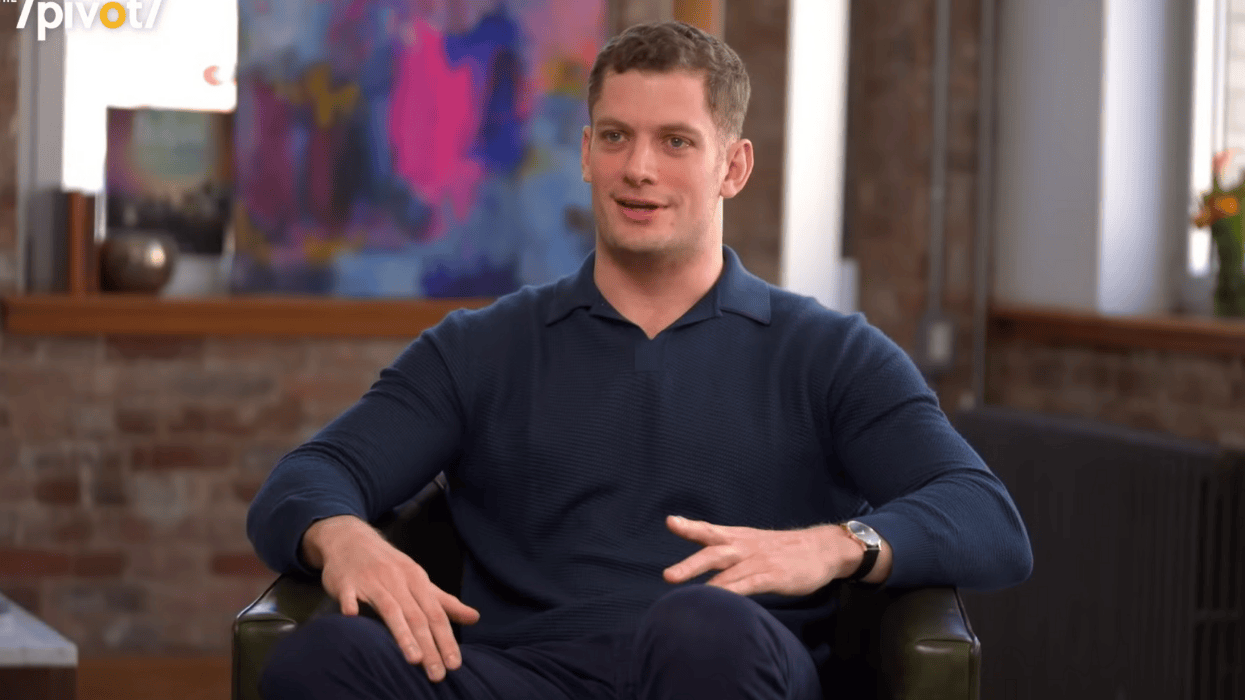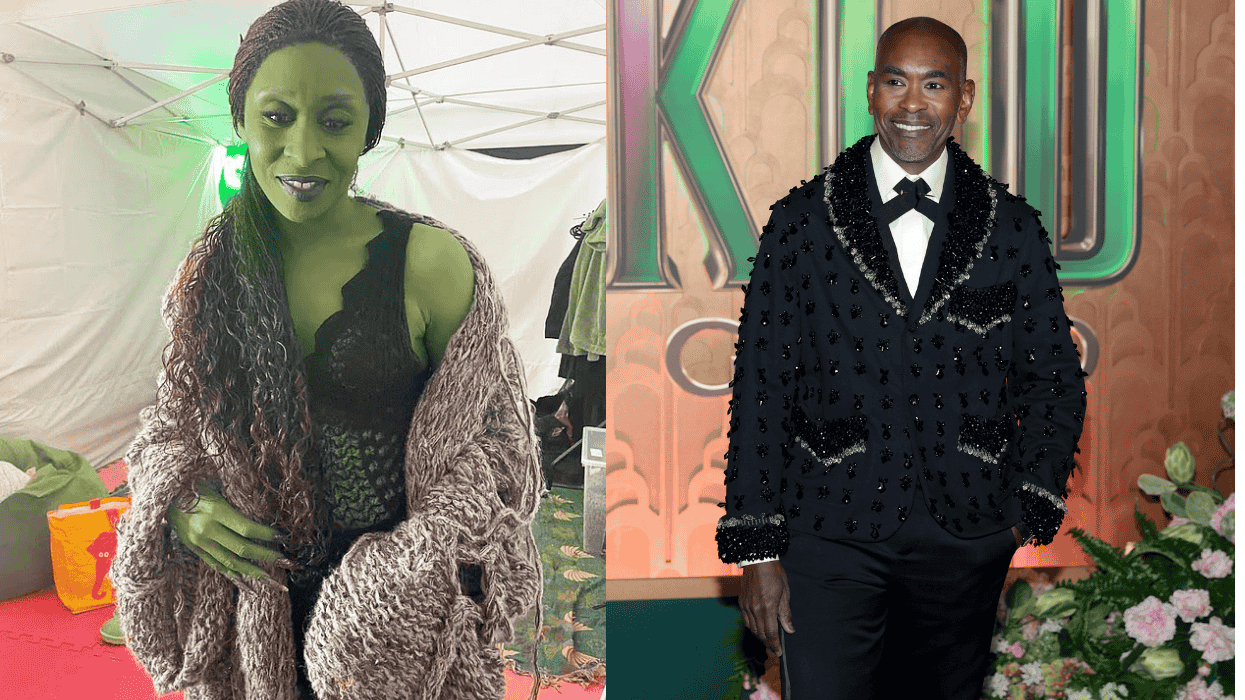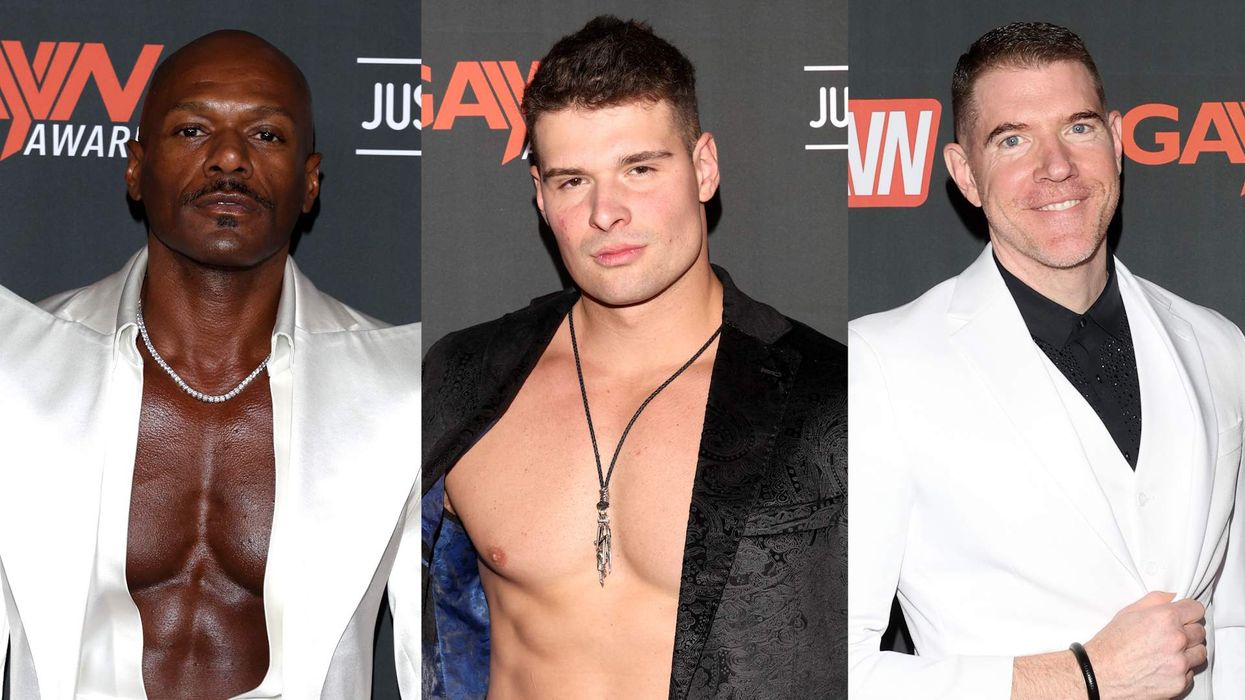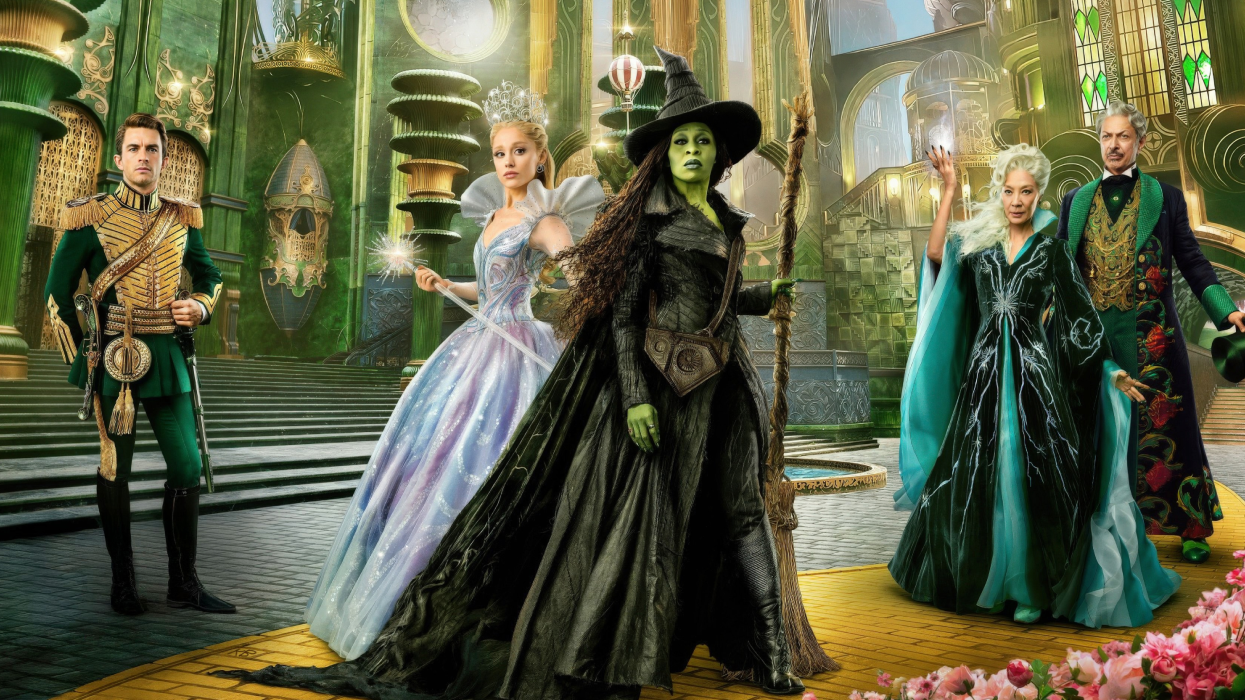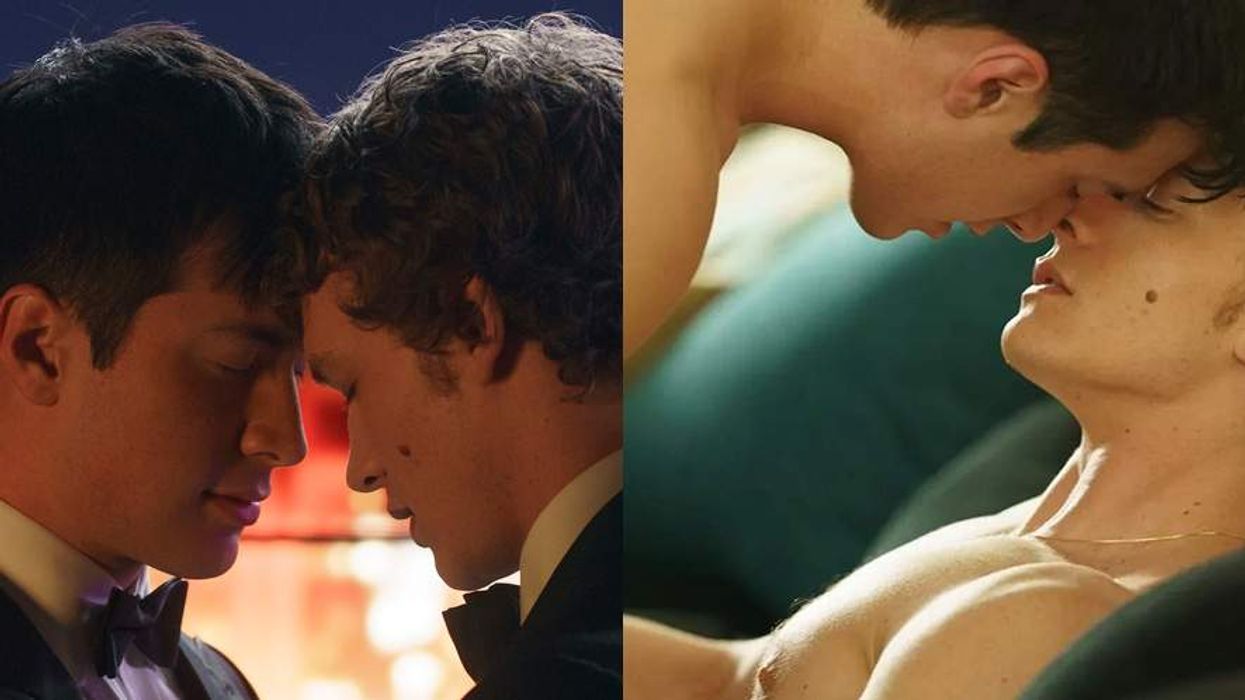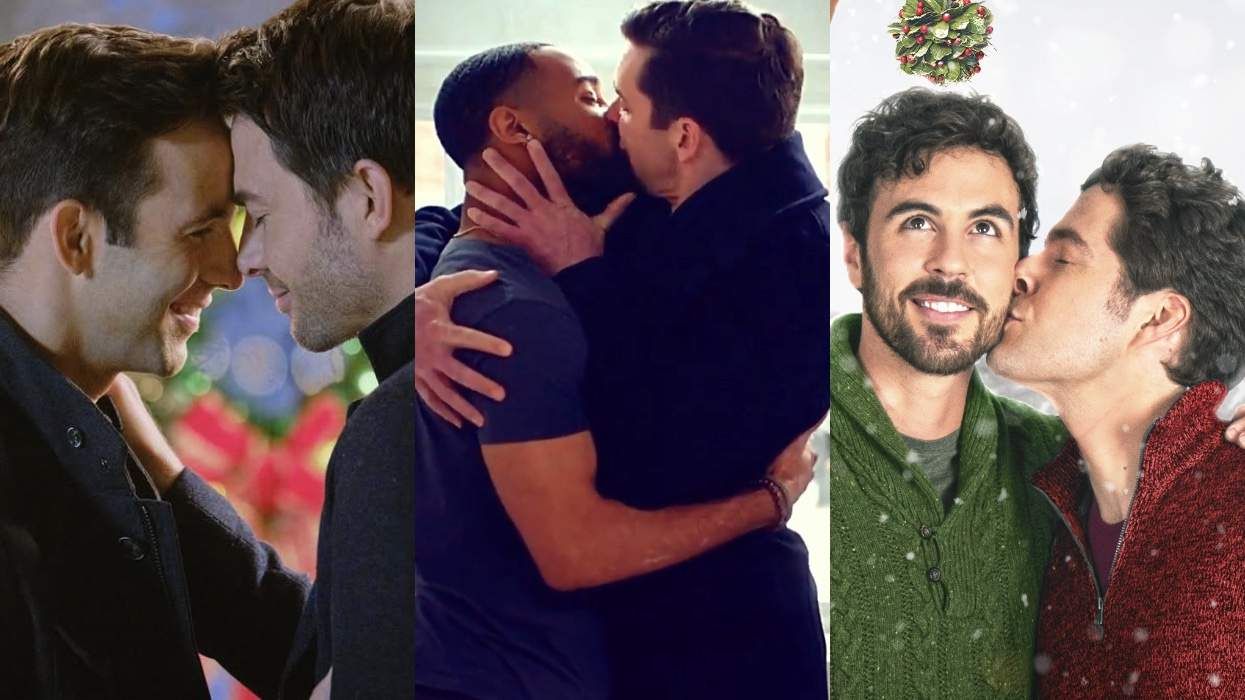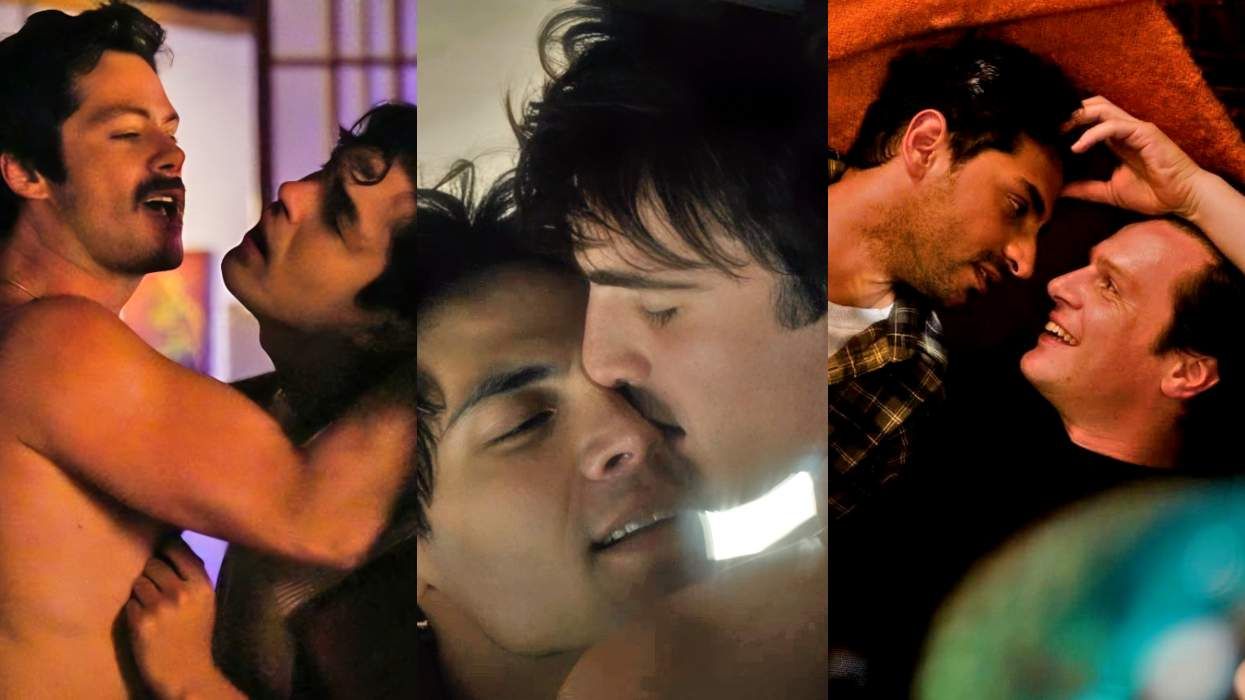- Banning gays from the U.S. military began in WWII in order to eliminate psychological damage in soldiers (being gay was thought of as a mental illness back then). Reasons for being rejected from the Army included "feminine bodily characteristics" or "effeminacy in dress and manner."
- After WWII, the military was looking to pare down their forces, so they came up with "blue discharges," issuing many to believed homosexuals. They then just dumped those sailors in ports, like San Francisco and New York, which attributed directly to the establishment of many gay enclaves, such as the Castro and the Village.
- Lenny Matlovich--in 1975, the first gay guy to challenge homosexual ban in the military--is kind of cute.
- In 1979, the Navy supplied a warship to the Village People to shoot a music video, planning to use it as a recruitment tool. And yes, they had absolutely no idea who the band's fan base was.
- "Unit cohesion"--a term created in the '90s to elaborate on what openly gay servicemembers would pose a threat to in the military.
- 54 gay Arabic military linguists were discharged between 1994 and 2003. (One of the lead problems with detecting the 9/11 attacks ahead of time was a shortage of Arabic linguists.)
- DADT was so difficult to understand and enforce that the Pentagon issued a comic book called, ironically, "Dignity & Respect" to explain it.
- The military does make ethical exceptions: 106,768 moral waivers were given out by the military between 2003 and 2006 to enlistees, including convicted felons, drug offenders, and even people who made terrorist threats.
- About 13,368 servicemembers have been discharged under DADT since its beginning.
- $383 Million is the estimated cost to the U.S. military of DADT from 1994 to 2009 based on the amount it costs to train a soldier and how many have been discharged or have left the military in protest.
--Mike Berlin
Read the Advocate's interview with the filmmakers, Randy Barbato and Fenton Bailey.
Catch The Strange History of Don't Ask, Don't Tell tonight at midnight or tomorrow (Tuesday, Sept. 20) at 8 p.m. EST on HBO.




